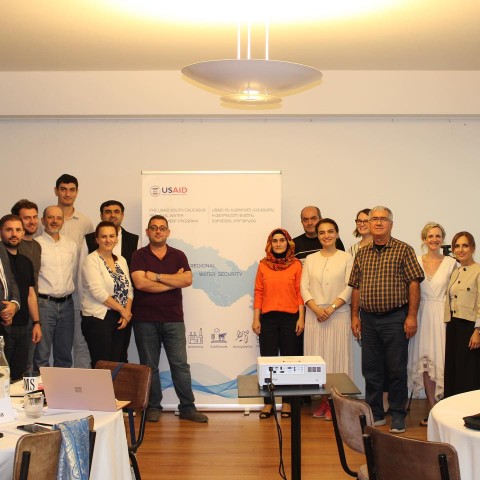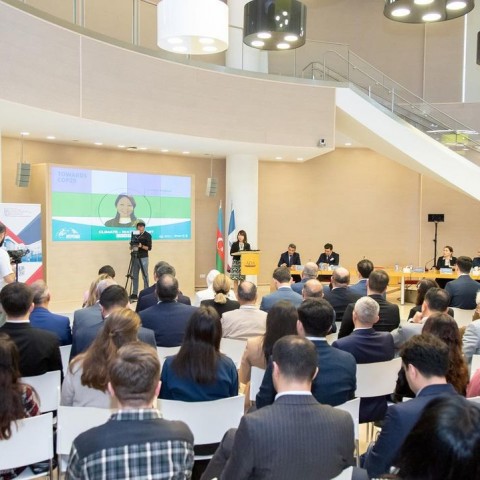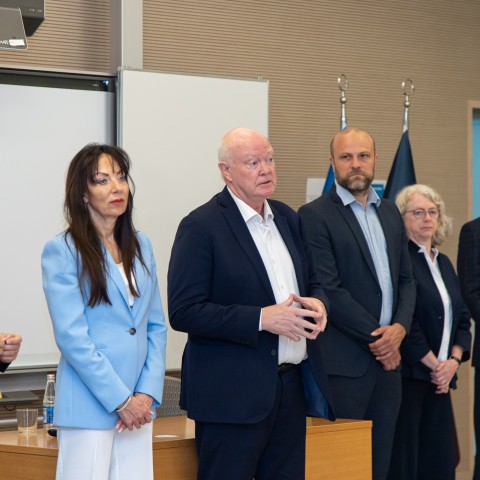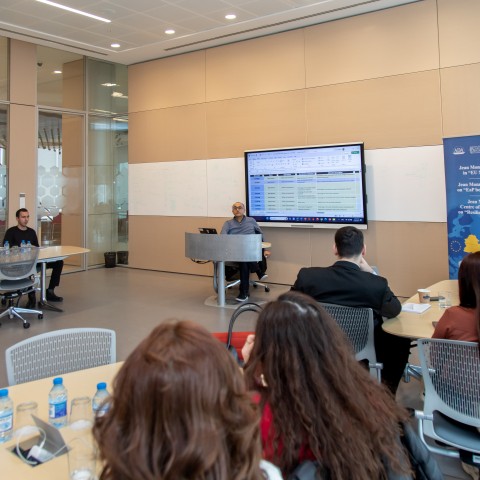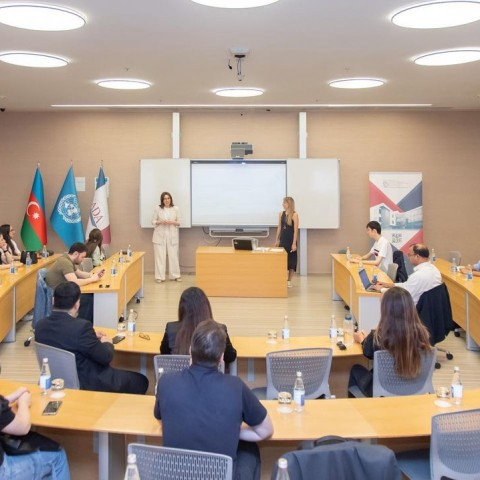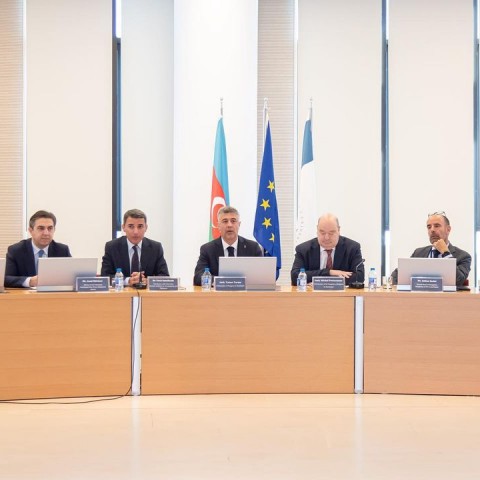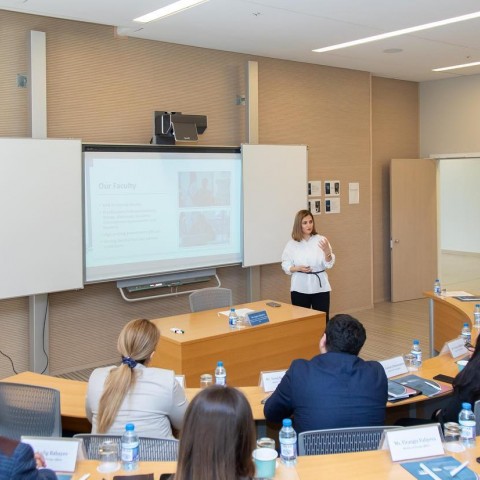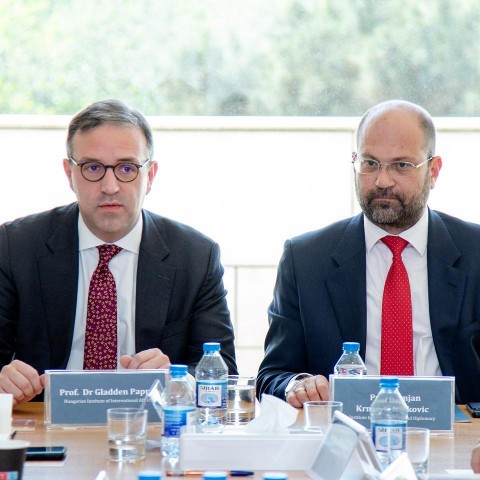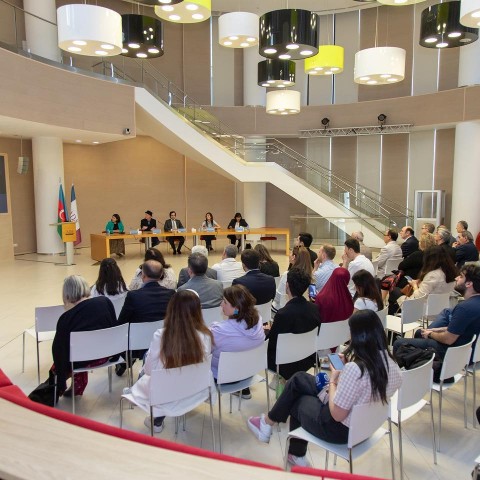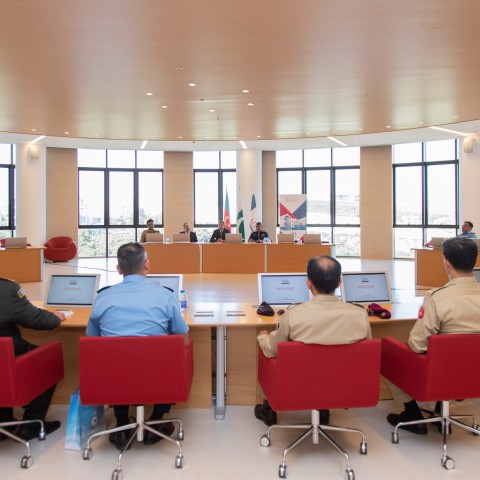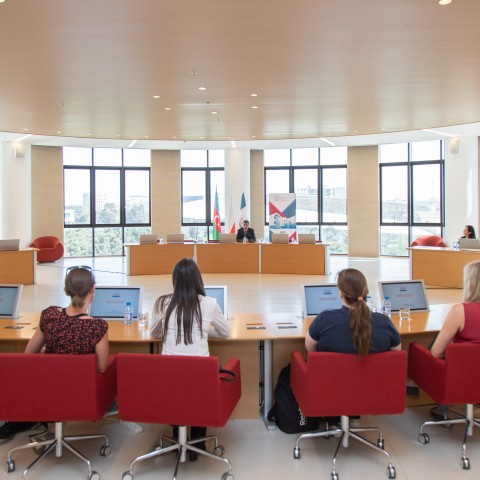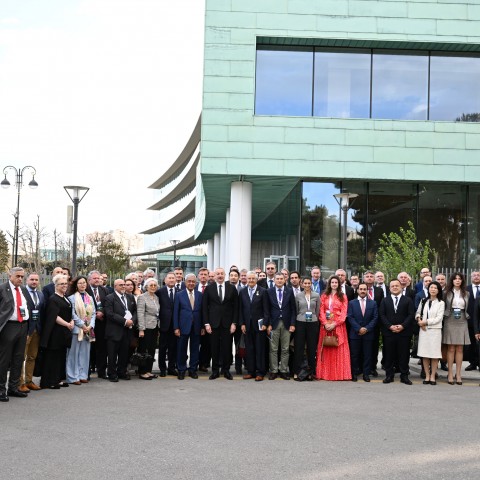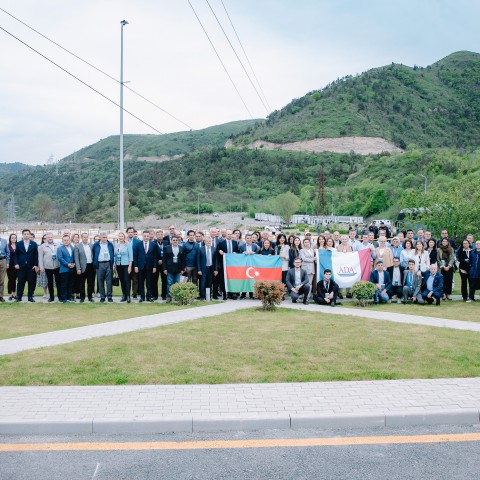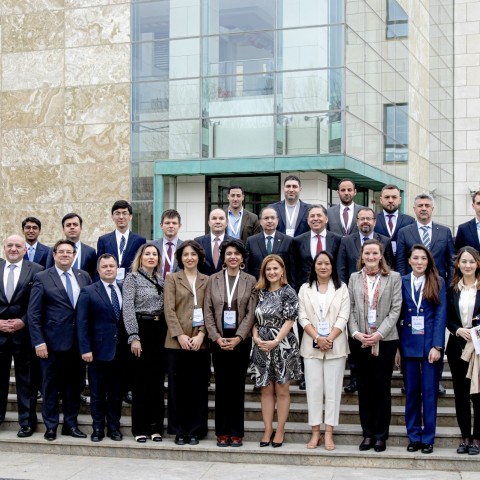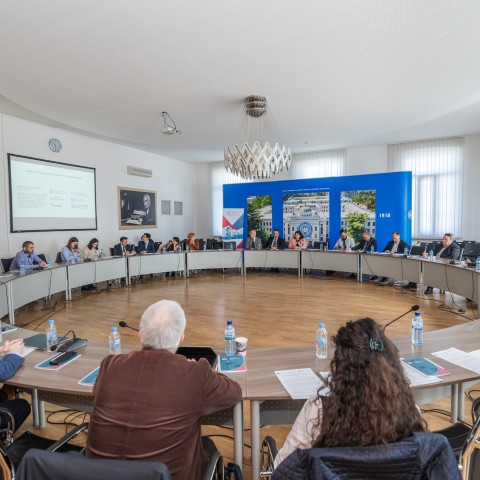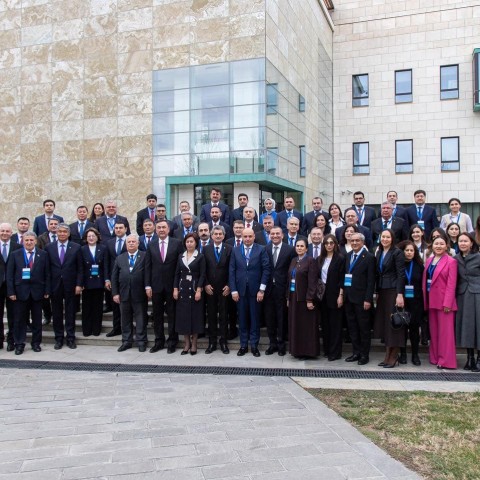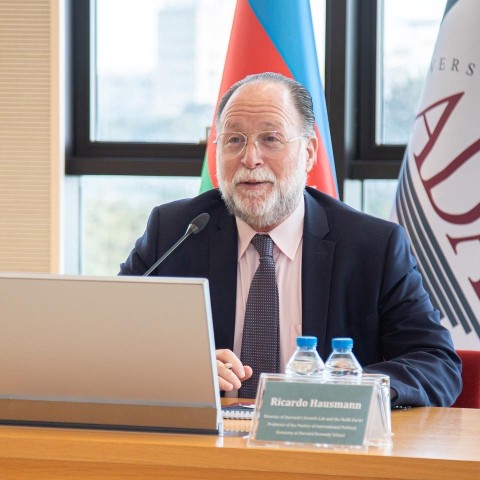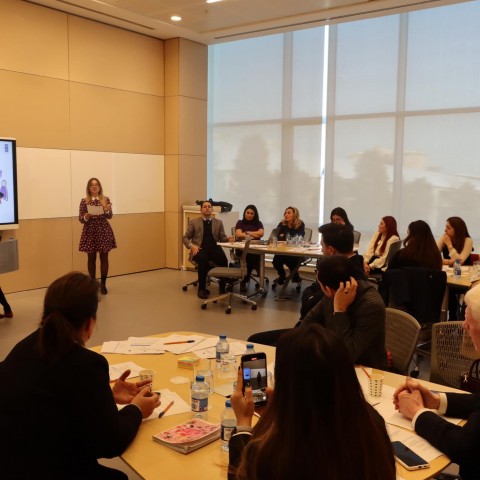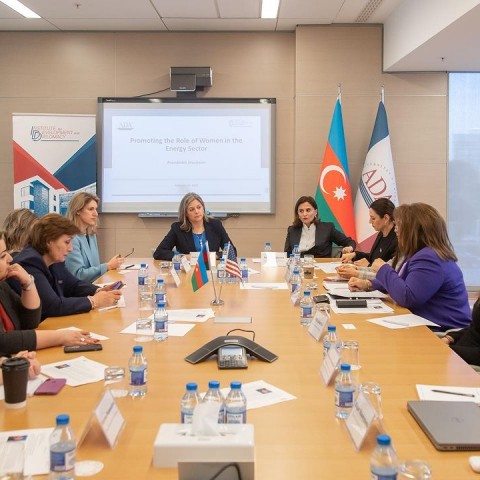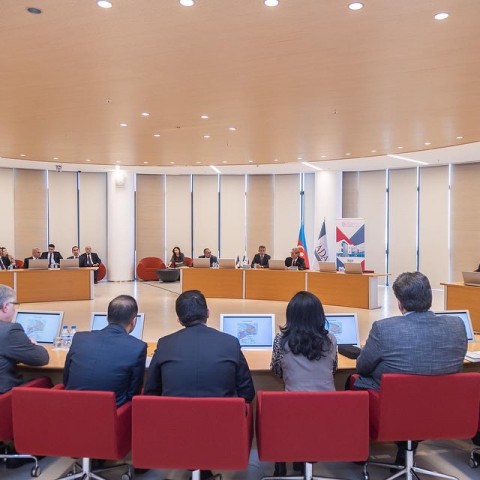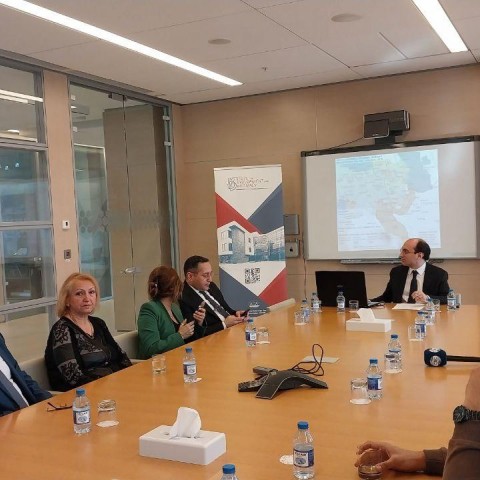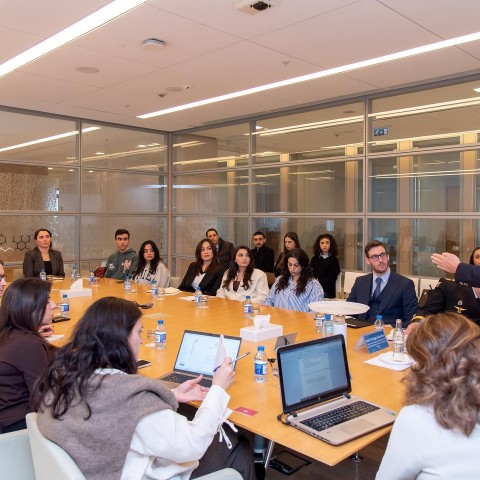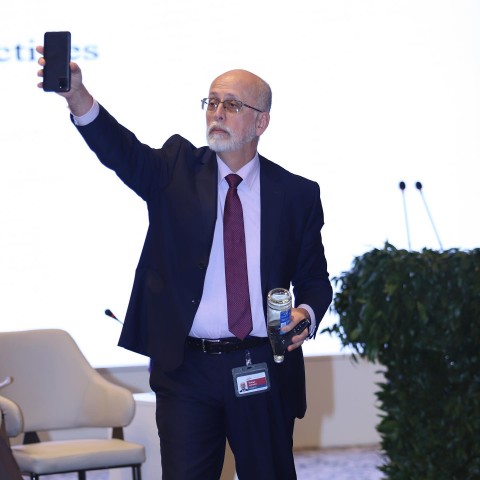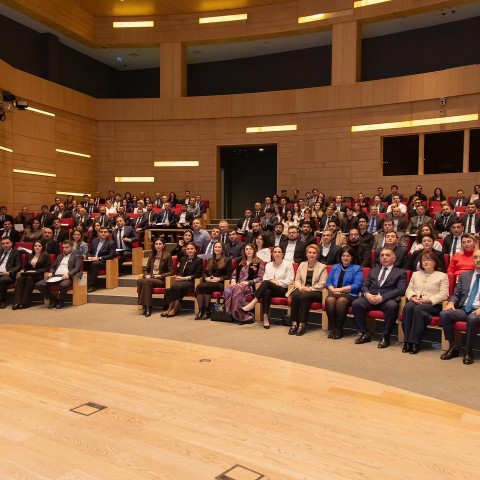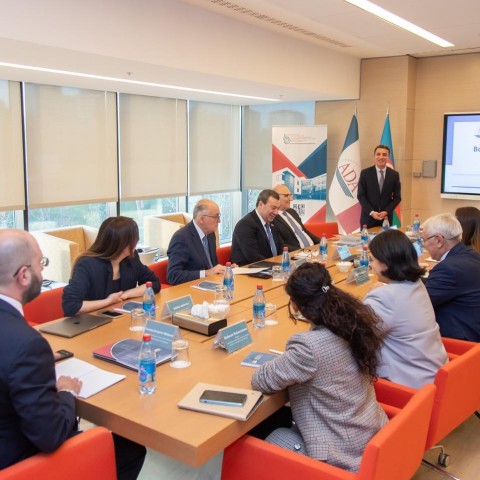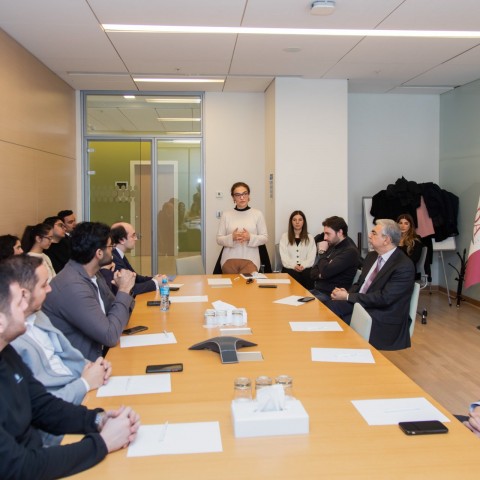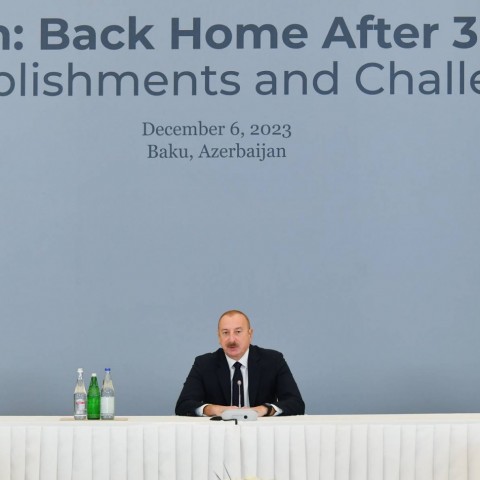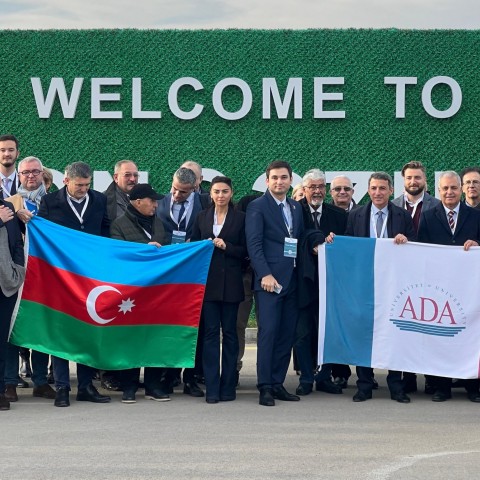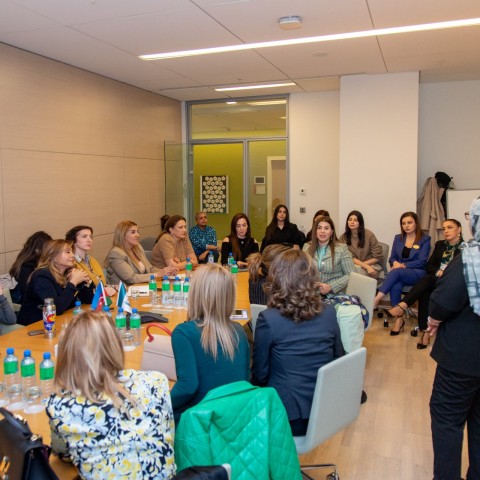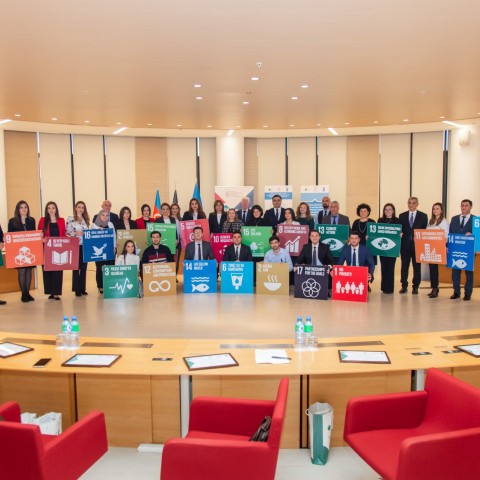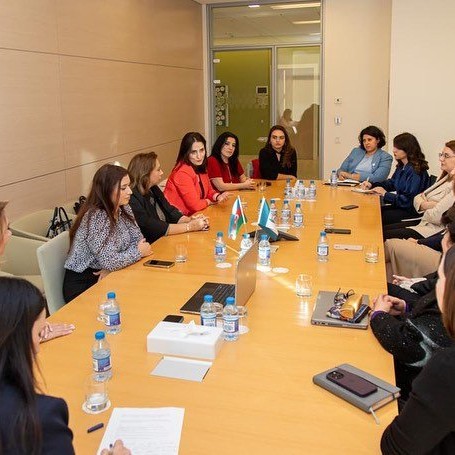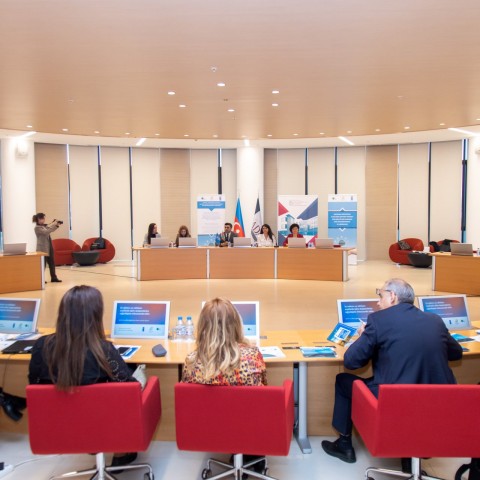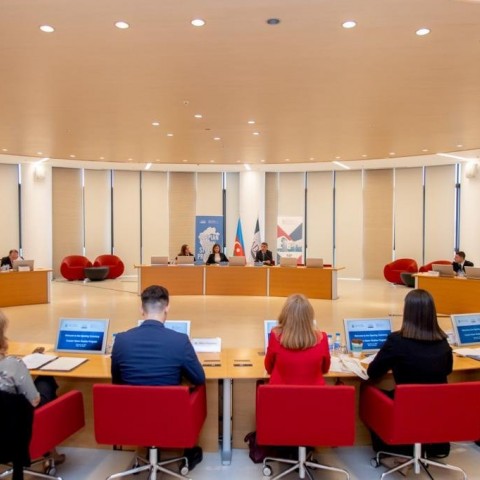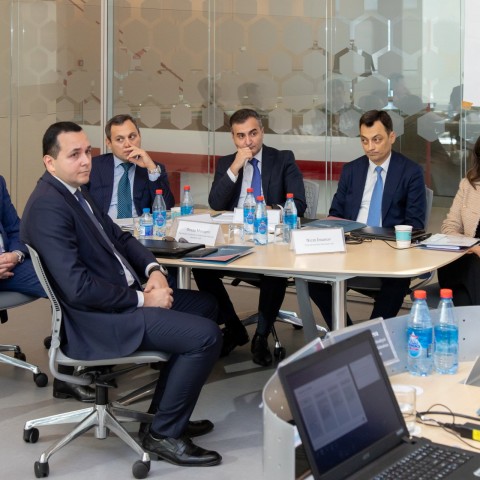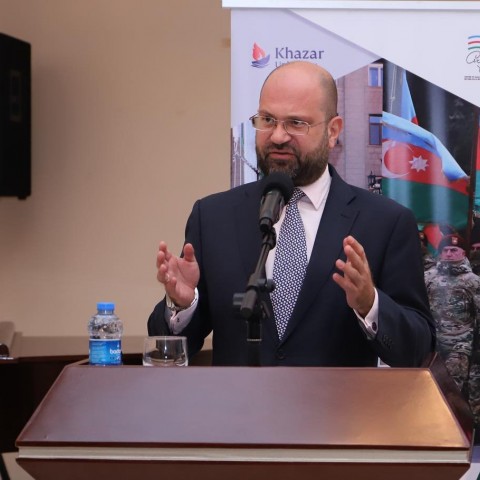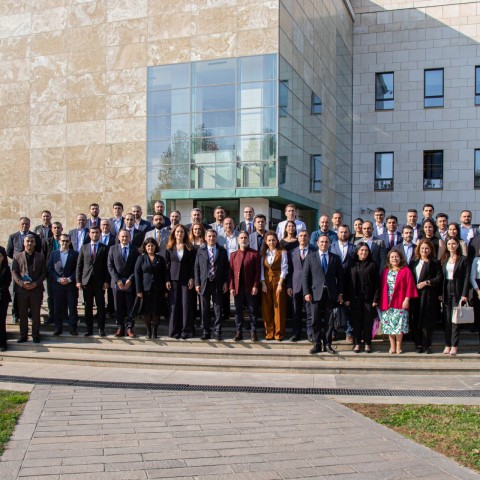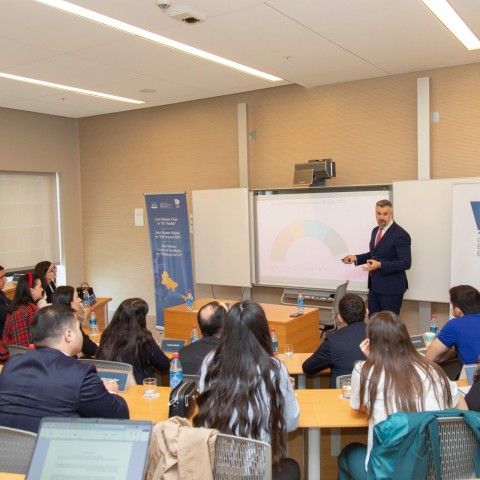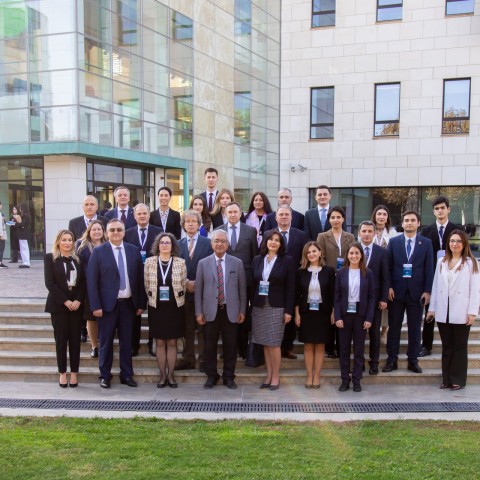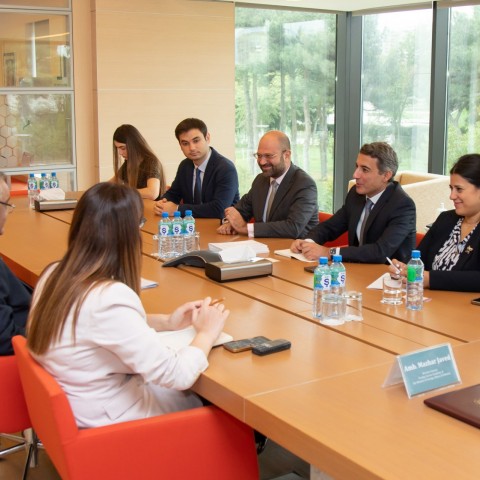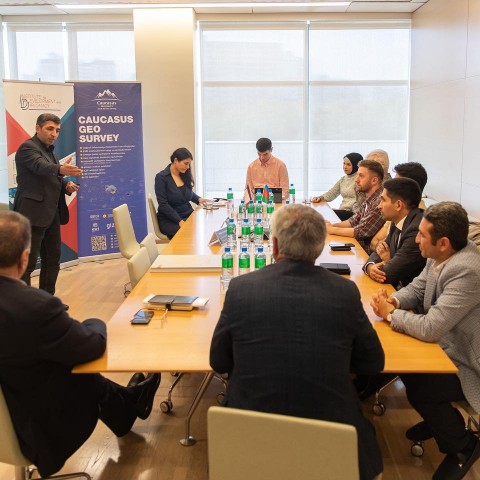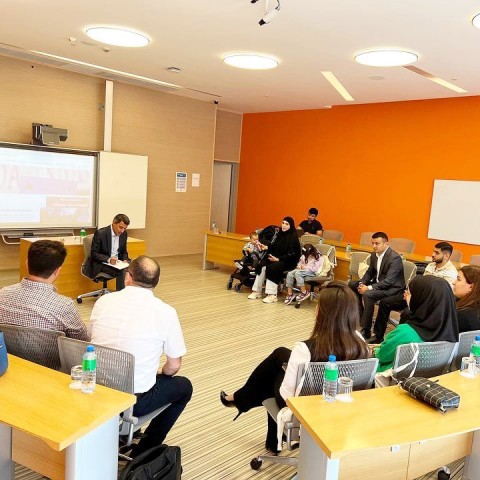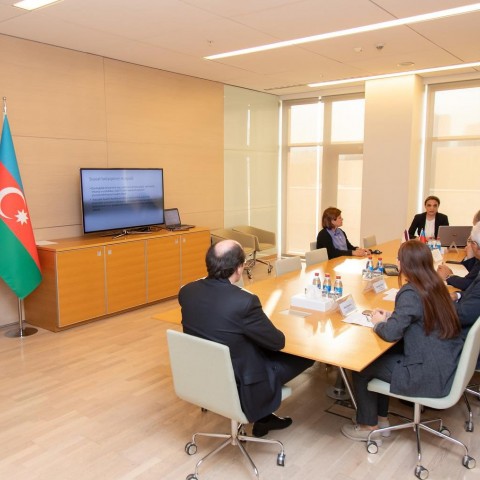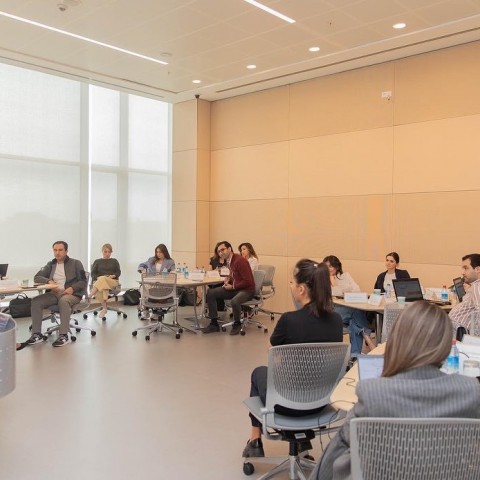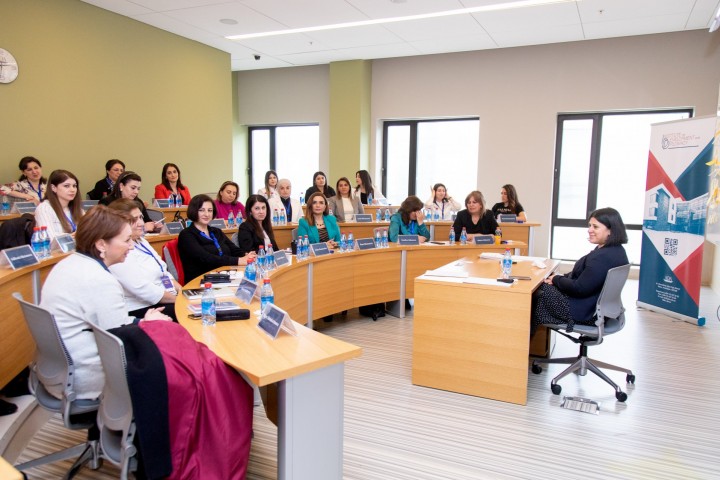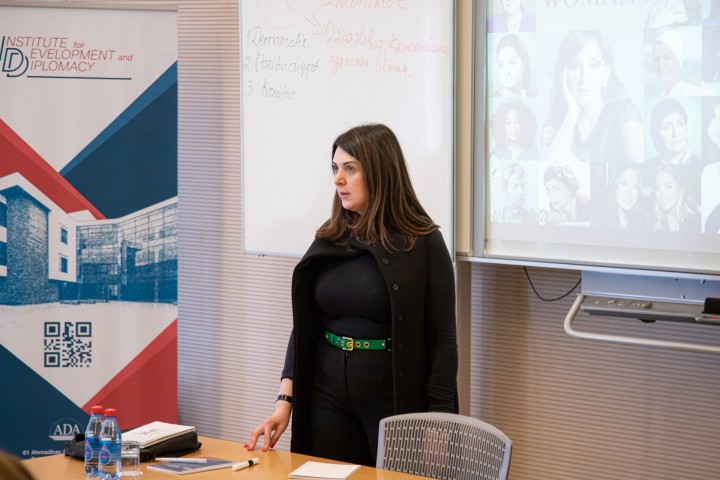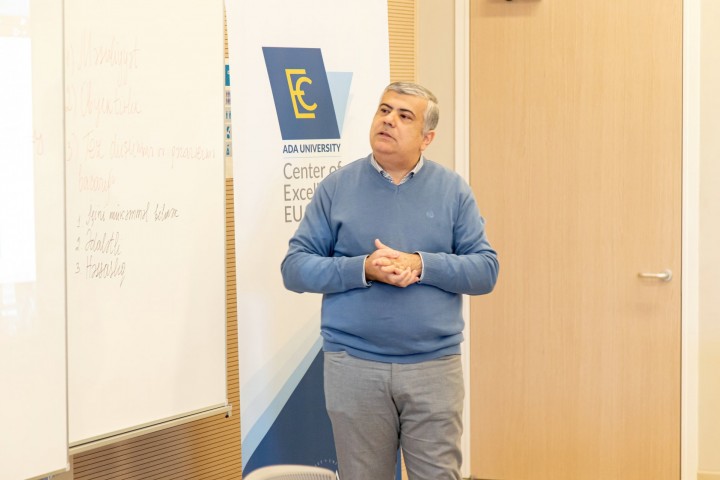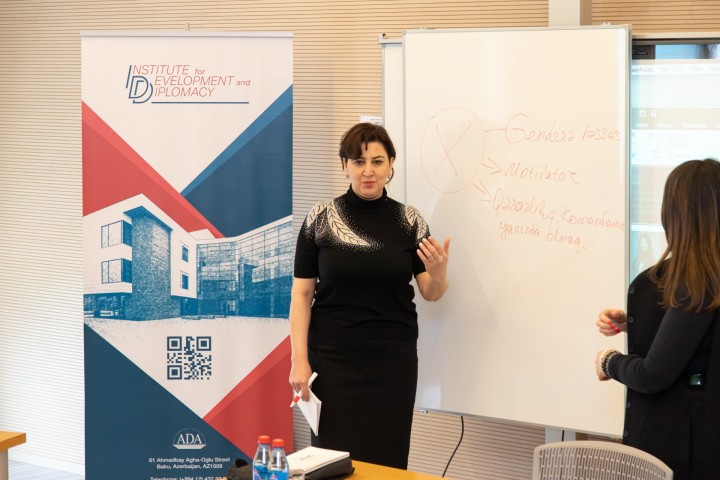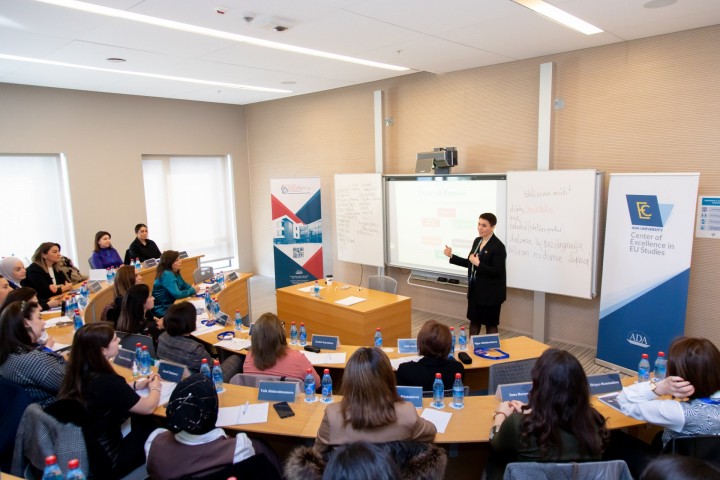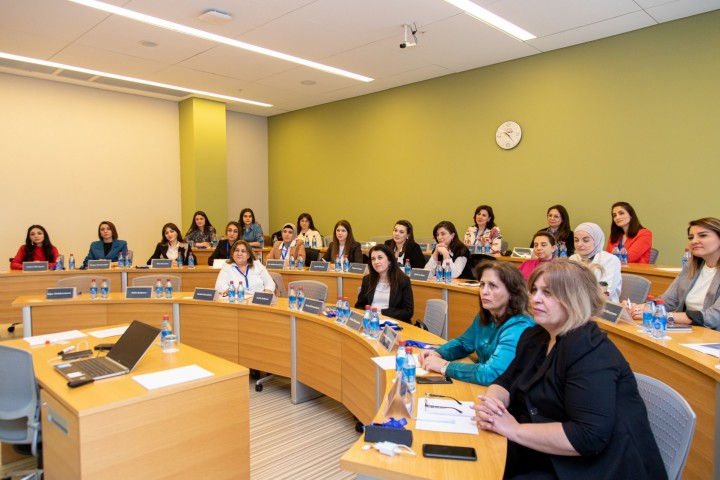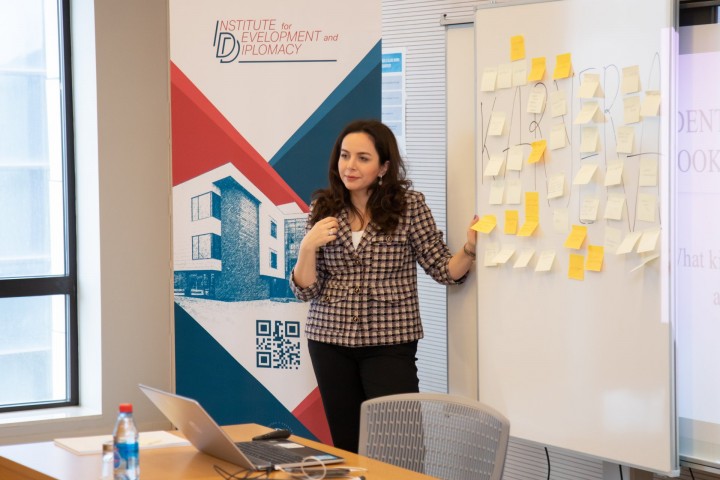
IDD EU Program conducted the first round of National Workshops on Empowering Women for Leadership Roles in Academia
On March 1-3, 2023, IDD EU Program has successfully conducted the first round of National Workshops on Empowering Women for Leadership Roles in Academia. The Workshop was conducted under the UNESCO’s Participation Programme ( 2022/2023). The 3-day workshop aimed to develop competent, effective leaders and managers who function in a complex, changing and paradoxical higher education context through skills sessions. The skills sessions focused on developing leadership and professional development skills among academic and administrative female middle managers with aim to promote gender equity in leadership and build a pipeline for executive positions in universities. Objectives of the workshop included provision of women in academia with the tools, perspectives, and understanding necessary to effectively meet the challenges that they face in their workplace; development of both personal and professional capacity for leaders to build resilience to get through difficult times; to help women leaders develop a strong sense of self and value; to encourage women leaders to develop habits of awareness and reflection to aid them both personally and professionally; to create a community of support where ideas, challenges, and solutions can be shared.
Over the past decades, women have been underrepresented in many sectors despite their remarkable gains in education and workplaces. Women under-representation in senior management posts inside academic organisations remains to be an issue which needs serious concern at national and international levels. Significant gender imbalance remains at the senior management level within higher education despite a number of women working in academia outnumber males. Women face challenges within institutional structures, systems and mind-sets that require transformative change. As well as, women’s own difficulties at the personal and professional level as leaders in higher education should be taken into consideration while making in intervention. To sum up, sociocultural, organisations, and person-centred factors have been the barriers for women in academia to realise their career advancement goals. In view of the current situation with regard to female underrepresentation at managerial positions HEIs and overall academia the program contributes to professional development of women in middle management at HEIs and research organizations and mentor them as the future senior leaders in higher education.
